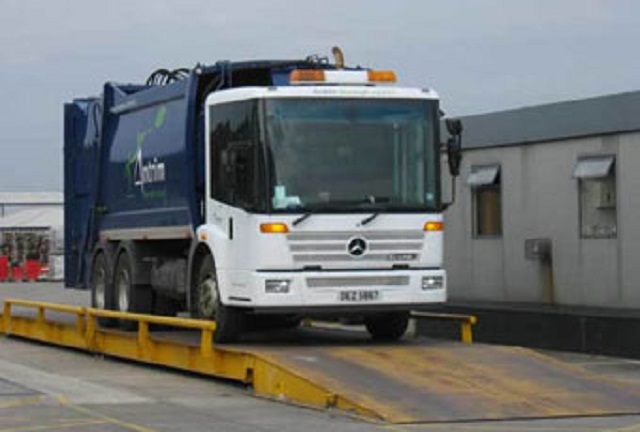
By Patrick Kagenda
Works and Transport minister John Nasasira’s decision to suspend weighbridges across the country might finally put Uganda in harmony with its regional neighbours.
Nasasira allegedly suspended the operation of weighbridges after it was discovered that the weigh bridge attendants were extorting money from truck owners, operators and drivers to allow overloaded trucks to go ply national roads.
A surprise check on weighbridges countrywide by the Roads ministry and the police following complaints revealed massive corruption.
As part of the operation, police on an unnamed day reportedly swung into action and re-weighed all trucks that had crossed the weighbridges. It was discovered that most overloaded trucks had not been weighed at all.
In the few cases that had been weighed, the drivers and operators had not been prosecuted for the overloading.
The overloaded trucks damage road pavements leading to early and increased cost of road maintenance. Transporters over-load to cut transport costs and gain unfair advantage or higher profits in the market.
‘The issue of the weighbridges is a regional problem,’ Nasasira said.

Last year, the EAC countries reduced the number of axles allowed on regional roads from four to three. This limited the gross weight permitted per truck to 48 tonnes. Rwanda and Tanzania strictly enforce the axle limit regulations.
The Kenya government has reacted to the delays and corruption around weighbridges by privatising them and creating a computerised link to Roads ministry headquarters, Kenya National Highway Authority (KNHA).
Using automated weighing machines is expected to ensure transparence and frustrate transporters who have been colluding with the weighbridge operators to over-load.
Nasasira’s decision ensures that Uganda will not incur the costs of such expensive, technologically intensive ventures but it could expose the national road networks to further damage.
Nasasira said the ministry plans to overhaul the weighbridge system and introduce additional weighbridges at a cost of over US$1million (Approx. Shs 2 billion).
Uganda has had fixed weighbridges at Mbarara and Busia-Kenya borders and mobile weighbridges on the highways of Kampala-Masaka-Mutukula, Kampala-Mubende-Fort Portal, Iganga-Malaba, and Tororo-Mbale.
Weighbridges have been noted as a major hindrance to free movement of imports and exports into and from Uganda.
Even when they have proper seals, commercial vehicles have to be weighed on axle load specifications at each weighbridge, leading vehicles to spend up to seven days on the road for a distance they could cover in two days.
In 2007 a survey of non-tariff barriers that affect Ugandan imports and exports within EAC and COMESA countries found that although COMESA has harmonised the axle load at 16 tonnes for double axle and Gross Vehicle Mass (GVM) specifications at a maximum of 54 tonnes, Uganda is yet to implement the GVM component. Its specifications remains at 46 tonnes and is limiting to Kenyan and Tanzanian trucks which transit through to Rwanda, Burundi and Democratic Republic of Congo.
Commissioned by the Regional Trade Facilitation Programme (RTFP) on behalf of the COMESA/EAC and SADC Secretariats, the study covered 25 countries.
It showed that Uganda will gain if transit procedures were harmonised.
But as late as May last year, the government was procuring the mobile weighbridges under the World Bank funded East Africa Trade and Transport Facilitation Project (EATTFP).
Following the suspension of the weighbridge activities, Nasasira has subsequently set up a committee of inquiry that commences work immediately to investigate the weighbridge operations between January and October this year. The committee findings should be ready by Dec 10.
The committee will also examine the operations at the country’s borders, at the transit monitoring unit of the Uganda Revenue Authority in Kampala and at the coastal port of Mombasa. The committee will also interview all the people who have been involved in the weighbridge operations.
The suspension of the weighbridge activities has affected over 72 Roads ministry personnel who were stationed at the six different weighbridge stations in the country.
 The Independent Uganda: You get the Truth we Pay the Price
The Independent Uganda: You get the Truth we Pay the Price


